Introduction
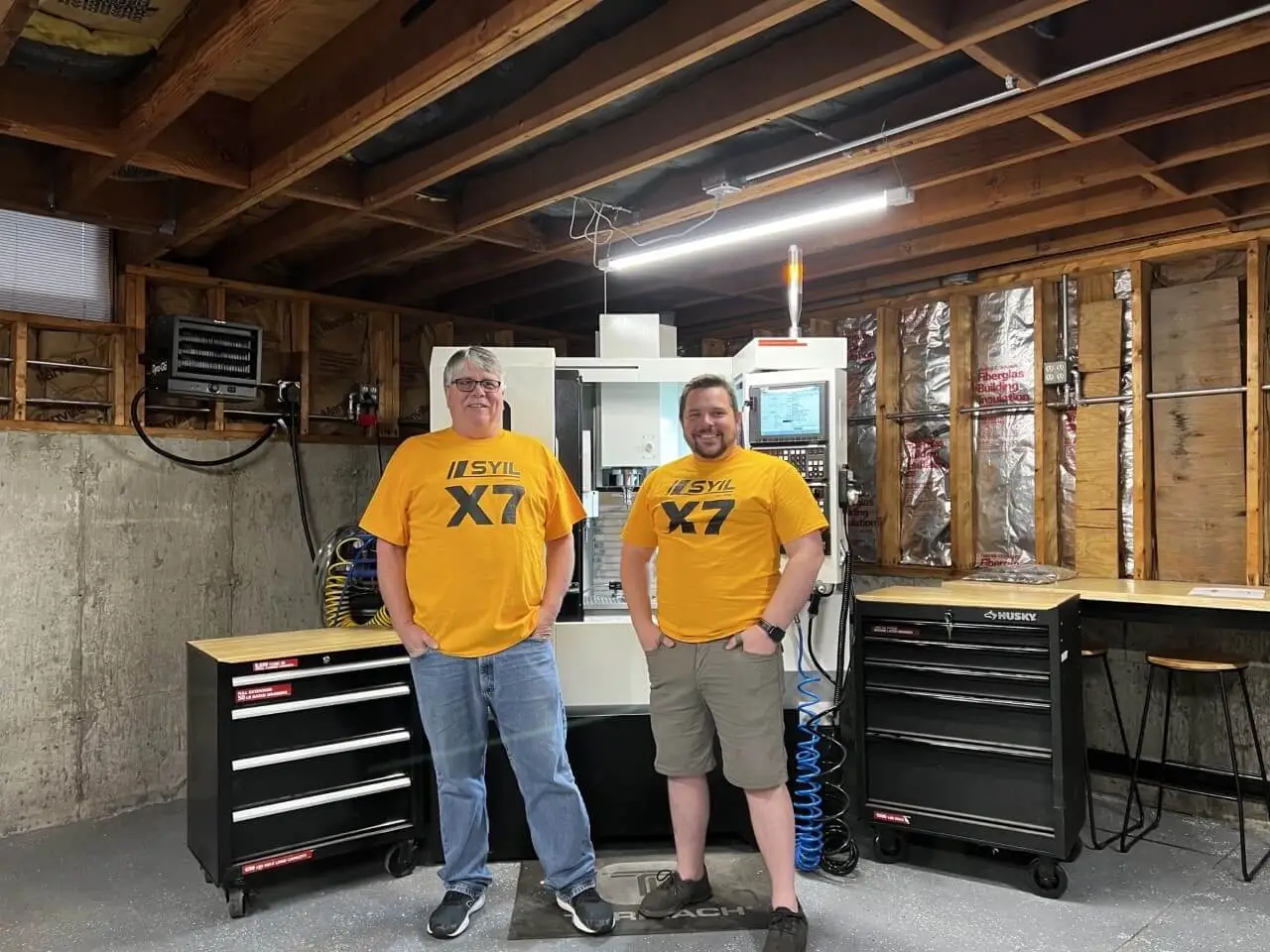
In the world of manufacturing, CNC machine accuracy is paramount. Whether you're working with a CNC router or a CNC milling machine, precision is the name of the game. A small miscalculation can lead to costly errors, making it essential to understand how to maintain and enhance CNC machining precision.
The Importance of CNC Machine Accuracy
CNC machine accuracy directly impacts the quality and consistency of produced parts. When precision CNC machining is achieved, manufacturers can ensure that their products meet stringent specifications, thereby increasing customer satisfaction and reducing waste. In an industry where every second counts and every dollar matters, investing in tools that enhance CNC machine accuracy becomes a strategic necessity.
How Common Mistakes Affect Precision
Even minor lapses in technique or oversight can lead to significant deviations in output quality. Common mistakes—such as improper calibration or poor material selection—can drastically affect the performance of both small CNC machines and larger systems alike. Understanding these pitfalls is crucial for anyone looking to improve their production line's efficiency and maintain optimal CNC machining precision.
A Deep Dive into CNC Machine Pitfalls
To truly appreciate the nuances of maintaining high standards in manufacturing, one must delve into common pitfalls associated with CNC operations. From calibration missteps to software integration issues, these challenges can undermine even the best equipment on the market—regardless of cnc machine price or brand reputation. By identifying these potential traps early on, operators can implement strategies that foster greater accuracy and reliability in their machining processes.
Understanding CNC Machine Accuracy
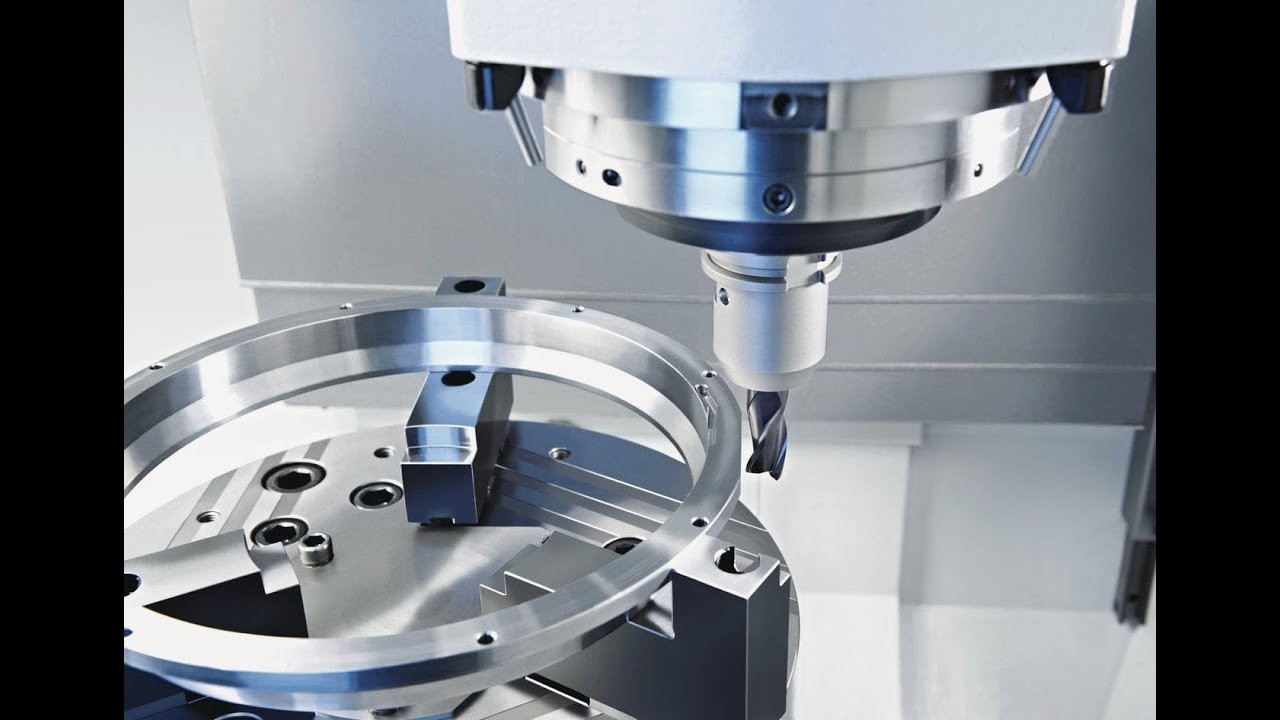
In the world of CNC machining, accuracy is the holy grail. It determines whether your precision CNC machining project will be a resounding success or a costly failure. Understanding what defines CNC machine accuracy and the factors that affect it is crucial for anyone involved in this field, from hobbyists with small CNC machines to professionals operating high-end CNC routers and milling machines.
What Defines CNC Machine Accuracy
CNC machine accuracy refers to how closely a finished part matches its intended dimensions and specifications. This encompasses not just the physical measurements but also the repeatability of those measurements over time. In essence, if you’re using a CNC router or milling machine, you want to ensure that every cut is as precise as the last—because even minor discrepancies can lead to significant issues down the line.
Factors That Affect CNC Accuracy
Several factors can influence CNC machine accuracy, ranging from mechanical components to environmental conditions. For instance, wear and tear on parts like spindles and bearings can degrade performance over time, leading to inaccuracies in your precision CNC projects. Additionally, external elements such as temperature fluctuations can impact material properties and thus affect overall machining precision; it’s not just about what happens inside your small CNC machine but also what’s happening around it.
Real-World Impact on Production
The implications of inaccurate machining are far-reaching in any production environment. Poor cnc machining precision can result in wasted materials, increased labor costs for rework, and delayed project timelines—all things that nobody wants to deal with when considering cnc machine price versus output quality. Ultimately, a commitment to understanding and improving cnc machine accuracy pays off by boosting efficiency and ensuring customer satisfaction across various industries.
Calibration Missteps

Common Calibration Errors
One of the most prevalent calibration errors occurs when operators fail to account for thermal expansion in their CNC machines. As temperatures fluctuate, components may expand or contract, leading to discrepancies in measurements that affect CNC machine accuracy. Additionally, neglecting to perform regular checks can result in drift over time, causing even a small CNC machine to produce parts that are out of spec.
Another frequent mistake is using incorrect reference points during calibration procedures. If the zero-point or datum is not accurately defined, it can lead to significant errors in positioning and depth settings on both CNC routers and milling machines. Lastly, overlooking the need for recalibration after tool changes or maintenance tasks can compromise the integrity of precision CNC machining processes.
Tools for Accurate Calibration
Investing in high-quality calibration tools is essential for maintaining CNC machining precision. Tools like digital calipers and laser alignment devices provide precise measurements that help ensure your equipment remains within tolerance levels. Moreover, software solutions designed specifically for calibration purposes can streamline the process and reduce human error—an invaluable asset for those operating complex machinery.
Additionally, using gauge blocks and test indicators allows operators to verify that their setups are aligned correctly before production begins. These tools not only enhance accuracy but also foster a culture of diligence among machinists who understand that every detail counts when it comes to achieving peak performance from their small CNC machines or larger models alike.
The Role of Manufacturers in Calibration
Manufacturers play a crucial role in ensuring that their machines maintain optimal calibration standards throughout their lifespan. Many reputable companies provide detailed manuals and support resources designed specifically for calibrating their equipment effectively—this guidance is vital for users aiming for top-notch CNC machine accuracy. Furthermore, some manufacturers offer periodic service checks as part of warranty agreements, providing an additional layer of assurance regarding ongoing precision.
Moreover, manufacturers often include built-in diagnostic features within their software systems that alert users when recalibration is necessary—helping prevent costly mistakes before they happen! By collaborating with manufacturers who prioritize accurate calibration methods, operators can significantly improve both productivity and quality across various applications within precision CNC machining environments.
Material Selection Matters
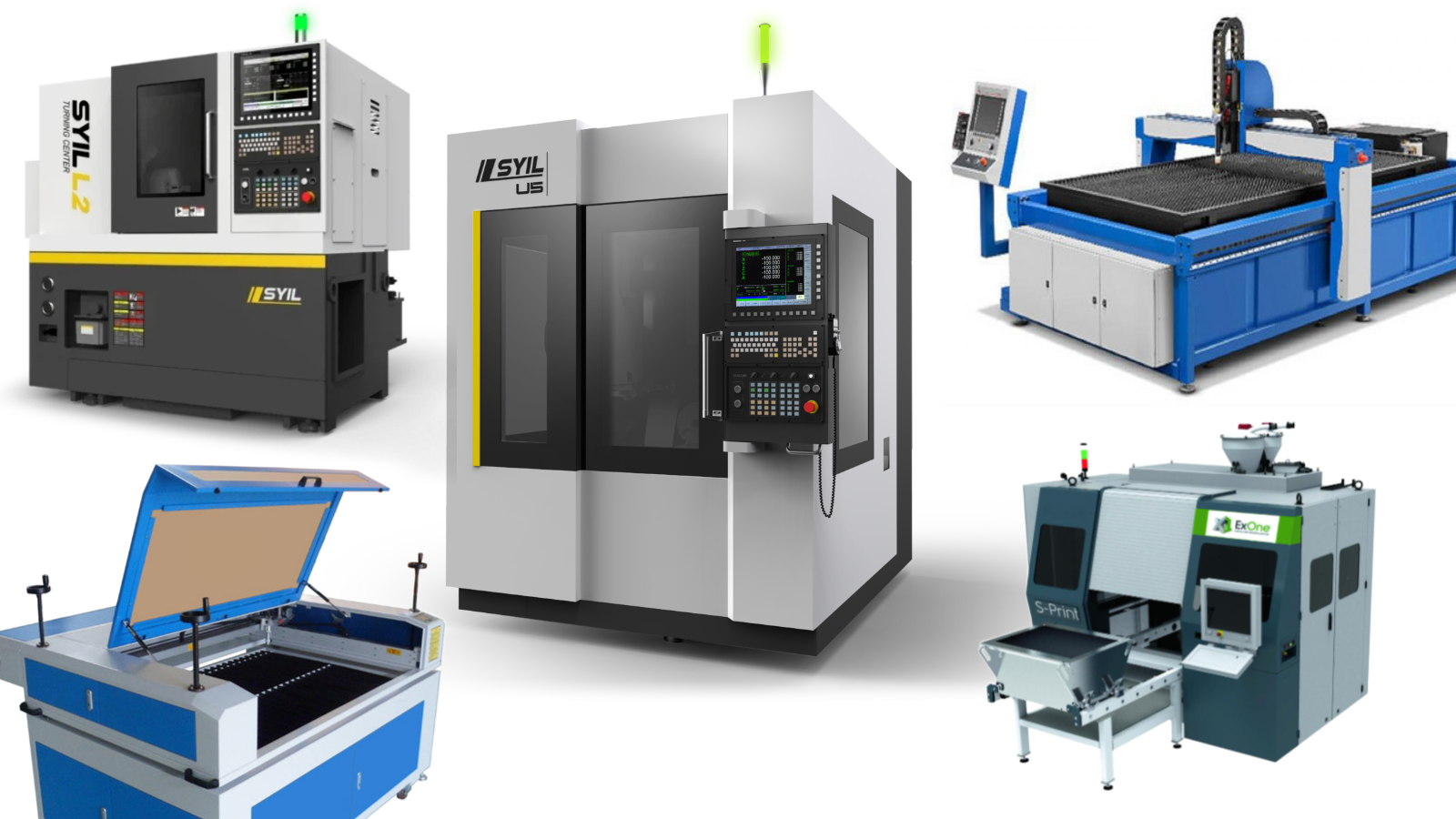
Choosing the right materials for your CNC projects is crucial for achieving optimal CNC machine accuracy. The type of material you select can greatly influence the precision CNC machining process, affecting everything from tool wear to the final finish of your workpiece. Whether you're operating a CNC router or a larger CNC milling machine, understanding how material choice impacts machining precision can save you time and money.
How Material Choice Influences Accuracy
Material choice plays a pivotal role in determining the overall accuracy of CNC machining processes. Different materials have varying properties such as hardness, density, and thermal expansion, all of which can affect how they interact with cutting tools during operation. For instance, softer materials may allow for faster cutting speeds but might result in less precise outcomes compared to harder materials that require slower feeds but offer better stability and finish.
Moreover, inconsistencies within the material itself—such as grain structure or impurities—can lead to unexpected variations in machining precision. When using a small CNC machine or any other type of CNC equipment, these factors can compound issues like tool chatter and misalignment, ultimately jeopardizing your project's integrity. Thus, selecting high-quality materials tailored for specific applications is essential for maintaining high levels of CNC machine accuracy.
Recommended Materials for Precision CNC
For those engaged in precision CNC machining, certain materials consistently stand out due to their favorable properties. Aluminum alloys are widely recommended because they balance weight and strength while allowing for excellent surface finishes and high-speed machining without excessive wear on tools. Additionally, stainless steel is another popular choice; its durability makes it ideal for components that must withstand harsh environments while still achieving desired tolerances.
Plastic materials like polycarbonate or acrylic are also great options when working with a CNC router since they can be easily manipulated while providing smooth finishes ideal for prototypes or custom designs. In high-precision applications where tolerances are critical, using engineered plastics can significantly enhance overall results without compromising on quality or increasing cnc machine price unnecessarily. Selecting these recommended materials ensures that you maximize your investment in both equipment and time spent on each project.
Mistakes to Avoid with Material Selection
While it's essential to understand what materials work best for your projects, avoiding common pitfalls in material selection is equally important to ensure optimal cnc machine accuracy. One major mistake is choosing low-quality or unsuitable materials simply based on cost; this often leads to higher long-term expenses due to increased tool wear and frequent adjustments needed during production runs. Investing in quality raw materials pays off by reducing downtime caused by inaccuracies associated with inferior options.
Another frequent error involves neglecting to consider the specific requirements of each project when selecting materials; not all projects demand the same level of durability or finish quality! Failing to match material characteristics with project needs could result in wasted resources and unsatisfactory results from even the most advanced small cnc machines available today. Lastly, always keep an eye on compatibility between chosen materials and your existing tooling—using incompatible combinations may lead directly to diminished cnc machining precision over time.
The Right Software Makes a Difference
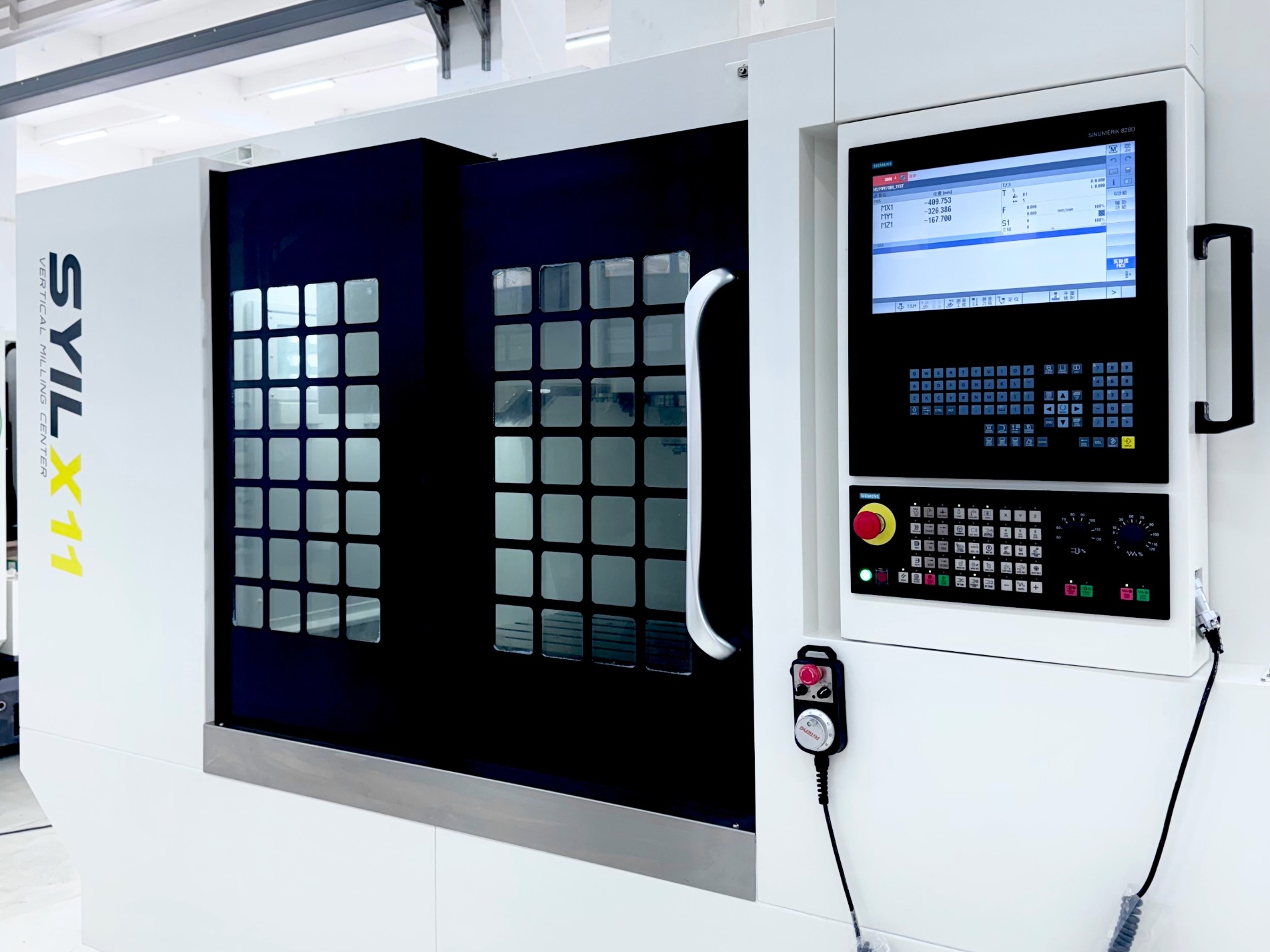
In the world of CNC machining, the right software can be the secret sauce that elevates your project from good to exceptional. Software designed for CNC routers and milling machines plays a pivotal role in enhancing overall cnc machine accuracy. It allows for precise control over cutting paths, speeds, and feeds, ensuring that every piece produced meets stringent quality standards.
Software That Enhances CNC Machining Precision
There are various software solutions tailored specifically for precision CNC machining that can significantly improve cnc machining precision. Programs like CAD (Computer-Aided Design) and CAM (Computer-Aided Manufacturing) enable users to create detailed designs and generate tool paths with incredible accuracy. When used effectively, these tools not only reduce errors but also optimize the performance of small CNC machines and larger setups alike.
Moreover, advanced software features such as simulation capabilities allow operators to visualize the machining process before actual production begins. This proactive approach helps identify potential issues, saving time and resources while ensuring high-quality outputs from your CNC router or milling machine. With the right software in place, achieving top-notch cnc machine accuracy becomes much more attainable.
Common Software Mistakes
Even with sophisticated software at your disposal, common mistakes can still lead to significant setbacks in cnc machine accuracy. One prevalent error is failing to update software regularly; outdated programs may lack critical improvements or bug fixes that enhance precision CNC operations. Additionally, overlooking necessary training for operators can result in improper usage of these tools, leading to costly mistakes during production runs.
Another frequent pitfall occurs when users neglect post-processing steps like verifying tool paths before starting a job on their CNC milling machine or router. Skipping this vital check can lead to unexpected results or even damage to both materials and equipment, ultimately affecting your bottom line due to increased cnc machine price from repairs or replacements. Being aware of these common errors is essential for maintaining optimal performance.
Integrating Software and Hardware Seamlessly
Achieving perfect synergy between software and hardware is crucial for maximizing cnc machining precision across all types of machines—be it a small CNC machine or an industrial-grade router. Proper integration ensures that commands issued through the software translate seamlessly into actions performed by the machinery itself; this alignment significantly reduces discrepancies that could hinder accuracy.
To facilitate smooth integration, it's essential to select compatible hardware components when investing in new equipment or upgrades—ensuring they work harmoniously with existing systems is key! Furthermore, regular maintenance checks on both hardware and software will help identify any potential issues before they escalate into major problems impacting your operations' efficiency.
Investing time in understanding how best to integrate these technologies will pay dividends down the road by enhancing overall productivity while minimizing costly errors related directly back to poor cnc machine accuracy.
Maintenance Mistakes that Cost You
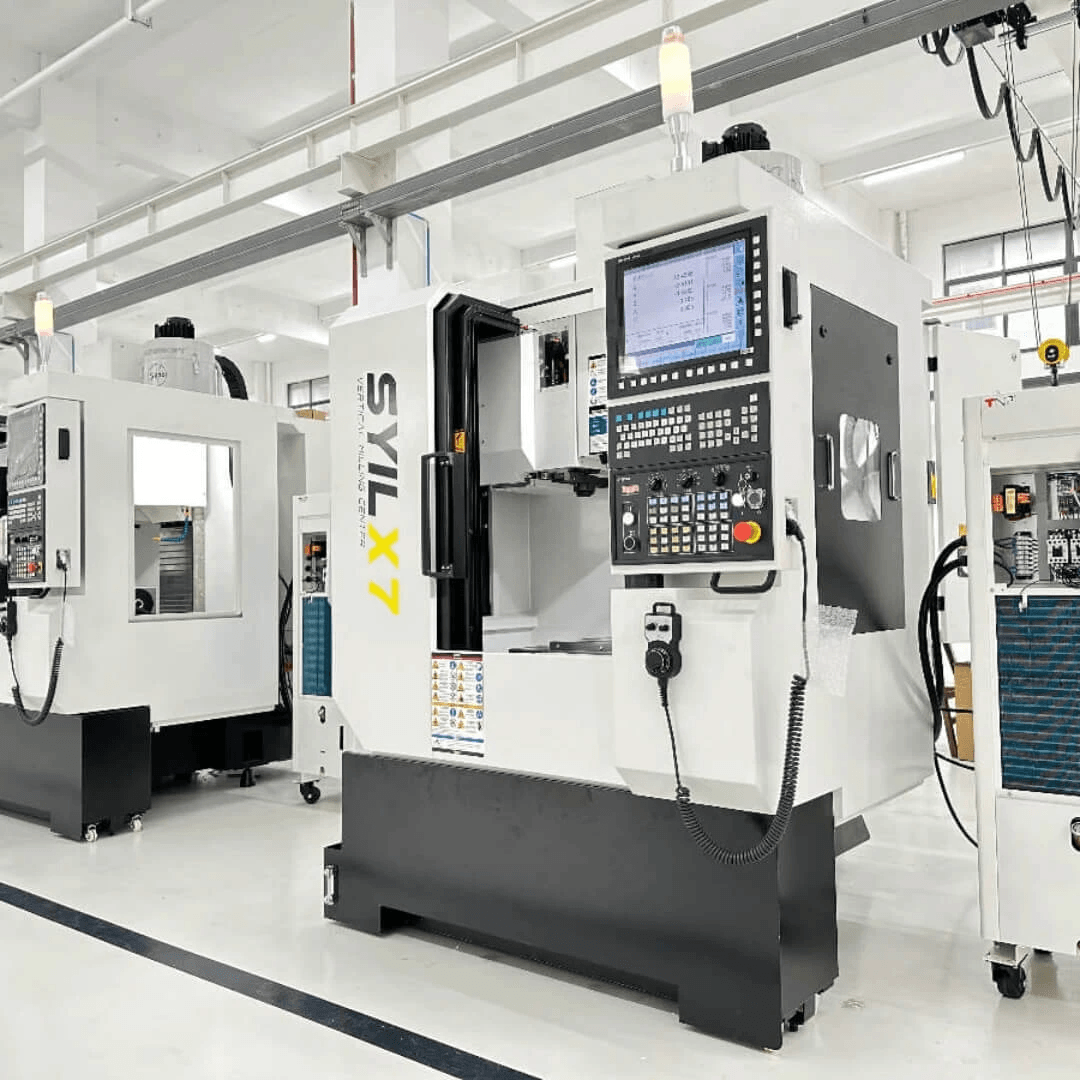
Maintaining your CNC machines is not just a matter of routine; it’s essential for achieving optimal CNC machine accuracy. Regular maintenance ensures that both CNC routers and milling machines operate at peak performance, which directly impacts precision CNC machining outcomes. Unfortunately, many operators overlook this crucial aspect, leading to costly errors and diminished machining precision.
Regular Maintenance Tips for CNC Routers
To keep your CNC router in tip-top shape, establish a regular maintenance schedule that includes cleaning, lubrication, and inspection of moving parts. Dust and debris can accumulate over time, affecting the overall performance and accuracy of the machine. Additionally, regularly check the alignment of components; even a slight misalignment can lead to significant issues in CNC machine accuracy during production runs.
Another key tip is to replace worn-out parts promptly—this could be anything from bearings to belts. Ignoring these minor details can snowball into bigger problems down the line, potentially compromising not just precision but also increasing your overall CNC machine price due to necessary repairs or replacements. Finally, don't forget about software updates; keeping your control software current can enhance compatibility with newer materials and improve overall performance.
How Neglecting Maintenance Affects CNC Milling Machine Accuracy
Neglecting maintenance on your CNC milling machine is like ignoring warning lights on your car's dashboard—it’s only going to lead you down a rocky road! When maintenance is overlooked, components such as spindles or tool holders may become worn or misaligned, severely impacting the precision of each cut made by the machine. This degradation in performance can result in inaccuracies that ripple through production runs and ultimately affect product quality.
Moreover, without regular checks on lubrication systems and coolant levels, friction increases between moving parts leading to overheating—a surefire way to compromise both machining precision and tool longevity. The cost associated with rework or scrapping defective parts can quickly add up, making it clear that investing time in maintaining your equipment pays dividends in terms of accuracy and efficiency. Remember: a well-maintained small CNC machine will outperform a neglected one every time!
Reliable Service Providers for CNC Machines
Finding reliable service providers for your CNC machines is crucial for maintaining high standards of accuracy in production processes. Look for companies that specialize in servicing both CNC routers and milling machines; they should have experience with various brands and models while offering tailored solutions based on specific needs—because one size definitely doesn’t fit all!
Check customer reviews and testimonials before committing; good service providers will have solid reputations built on trustworthiness and expertise in ensuring optimal cnc machining precision across different applications. Additionally, consider whether they offer preventive maintenance plans—these proactive measures can help catch potential issues before they escalate into serious problems affecting your operations.
Conclusion

In the world of CNC machining, accuracy is not just a luxury; it's a necessity. As we've explored, common pitfalls can significantly impact CNC machine accuracy, leading to costly errors and inefficiencies in production. By understanding these challenges and implementing best practices, users can enhance their precision CNC machining processes and ultimately improve their bottom line.
Key Takeaways for CNC Machine Users
Firstly, always prioritize calibration—it's the backbone of maintaining CNC machine accuracy. Regularly check your settings and tools to avoid common calibration errors that could derail your projects. Additionally, material selection plays a critical role; using the right materials can drastically influence the outcome of your work with small CNC machines or larger CNC milling machines.
Secondly, don’t underestimate the importance of software in achieving CNC machining precision. The right software can streamline operations and minimize human error, while poor software choices can lead to frustrating mistakes that compromise quality. Lastly, regular maintenance is essential; neglecting it may result in severe repercussions for your machinery's performance and longevity.
Investing in Quality Equipment Like SYIL CNC
Quality equipment is key when it comes to achieving superior cnc machine accuracy. Brands like SYIL offer reliable solutions tailored for both hobbyists using small cnc machines and professionals operating advanced cnc routers or milling machines. Investing in high-quality machinery not only enhances precision but also ensures durability and long-term performance.
Moreover, while the initial cnc machine price may be higher for premium models, consider it an investment towards efficiency and reduced costs over time due to fewer errors and less downtime. Remember that cutting corners on equipment often leads to cutting corners on quality—something no serious manufacturer can afford!
Moving Towards Accurate CNC Machining Solutions
As we move forward into an era where precision is paramount, embracing accurate CNC machining solutions will set you apart from competitors who overlook these crucial aspects of production. Stay informed about advancements in technology that enhance cnc machining precision—this includes everything from state-of-the-art software integrations to innovative calibration tools designed for modern needs.
By adopting a proactive approach towards maintenance and investing wisely in equipment like SYIL’s offerings, you’re not just keeping up; you’re leading the charge towards excellence in precision cnc machining. Ultimately, every step taken towards improving your processes will contribute significantly to achieving optimal results—and that’s what every user desires!

